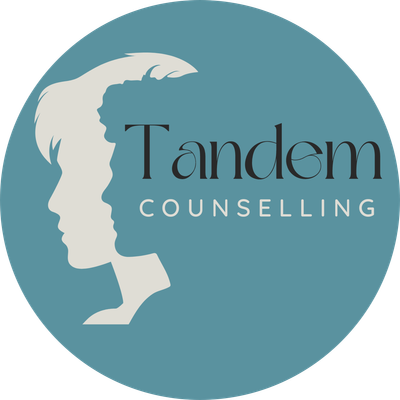counselling
What is counselling?
Firstly, it is confidential. This means everything discussed remains between the counsellor and the client (you). The only time confidentiality may need to be breached is when there is risk of significant harm to yourself or someone else. This can be discussed further in an initial consultation.
Secondly, although talking with a friend can be really helpful, some people can feel that they are being a "burden", or the friend can have a hidden agenda, or be unsure how best to respond. Speaking with a trained professional should eliminate all of the above concerns. You would not be a burden, that is exactly why I am here to listen to your concerns. I have no hidden agendas to push you in one direction or another, I only have your best interest at heart at all times.
Many people who have counselling find it useful, but it does not suit everybody. Some people find counselling difficult but feel they can persist with it. Some people find it a great relief to talk to someone and explore what is on their mind.
what can counselling help with?
|
|
|
|
|
|
|
|
|
|
|
|
|
|
|
|
|
|
|
|
|
|
|
|
|
|
|
|
|
|
what type of counselling is available?

A few types of counselling I am trained in include Psychodynamic, Person Centred, Cognitive Behavioural Therapy, Transactional Analysis, and Gestalt.
If you are unfamiliar with these do not worry, we can discuss the differences over the phone or in an initial consultation.
how i work
Counselling Appointments:
Counselling sessions last for 50 minutes and are available in person, via telephone, or online via video call. For home visits prices may vary.
Cancellation Policy:
Once we have scheduled an appointment I ask that if you need to cancel for any reason that you provide at least 12 hours notice so that I can reassign your appointment to another client. Should a session be cancelled on the day and I am unable to fill your slot, then you will need to pay for your session. In return, if I need to cancel our appointment, I agree to provide you with 12 hours notice. If I am unable to do this then your next appointment will be free of charge.
Emergencies:
Please note that counselling is not an emergency service. Should you require emergency support please contact the appropriate emergency service such as the police or ambulance service for immediate assistance, or for mental health crisis support please contact the Samaritan’s on 116123 or CAP (Central Access Point) on 0808 800 3302.

JOIN US ON SOCIAL MEDIA
Be the first one to get the latest news right to your feed